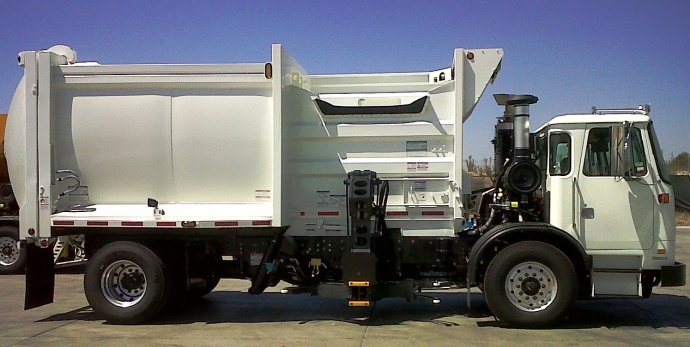Ask the Mayor: What Are The New Boxes on Telephone Poles?
The mayor answers questions from the public in this series.
By Mayor Alan Arakawa
Q: I’ve received some unusual calls regarding a grayish white box on the telephone poles in South Kihei, from Azeka’s to Kamaole III. The boxes have red and blue lights and are very visible at night; the lights change color from blue to red. The boxes don’t appear to belong to the county, telephone company or Maui Electric. Would you happen to know what the boxes are? Are they cameras, WiFi or aliens?
A: The colored lights are power indicator lights on boxes that are part of Oceanic Time Warner Cable’s WiFi system that was recently installed in South Maui. There are currently 17 devices installed in South Maui, and Wailuku Town is being eyed as the next possible area for up to 125 installations over the next year. There are approximately 600 similar WiFi devices installed on O‘ahu, including several large public facilities such as shopping malls and athletic complexes. The Maui devices installed on poles are part of a “joint pole agreement” with the corresponding utilities. CableWiFi is a wireless network name created through a collaboration of US Internet Service Providers including Time Warner Cable, Bright House Networks, Cablevision, Comcast and Cox Communications. It allows each other’s high-speed internet customers free access to a collective network of over 200,000 WiFi hotspots nation-wide.
Q: Why are there two refuse pickups instead of once a week like in other counties? Switching to once a week pickups could reduce costs in staff, trucks, gas, etc. Residents could also benefit with a reduction of the $18 per month fee, or this fee could be used to expand the 3-Can-Plan, other recycling programs or expand the hours at the landfill. Most residents can manage with once-weekly collections, and residents with more trash could use and pay for two bins.
A: We can all benefit from producing less waste and recycling more, and reducing residential refuse pickups to once-weekly with the option of purchasing an additional bin could be considered. However, from an operations perspective, there are a number of considerations that must be taken into account. First, the current refuse collection fee of $18 per month would still barely cover the total cost of residential refuse collection even if pickups were reduced to once-a-week. The heavily subsidized $18 fee does not begin to cover the cost of landfilling the trash once it’s been collected, even with once-weekly pickups. Second, employee union contracts set restrictions on the number of refuse bins that may be picked up in one day, which could be an issue if many homes on one route all opted to pay for second bins. Lastly, residential refuse customers may not be eager to have their service cut by 50%, or paying 200% more to receive the same level of service they receive now. I would be interested in hearing from residents on automated routes on whether they would prefer once-weekly pickups at a reduced cost, and if they are willing to pay for a second bin. Any changes to the fee structure or number of pickups would need to be approved by the County Council during the Budget process next year.
Q: Our county is lacking an annual, bi-annual or quarterly published parks and recreation resource guide. Without such a guide it is easy to miss sign ups and community activities for our residents and keiki. What will it take to create such a guide and provide this to our community members?
A: The Department of Parks and Recreation is currently in the process of upgrading its website to house all of this information to include the organization’s contact information and time-frames for registration and sign-up for these valuable recreational programs. Parks anticipates this project will be finished with updated information on the website around August 2014; we will issue an announcement when this new feature is ready for use. In the meantime, the department provides class and program listings in various local media to reach families with children and teens.
Want to Ask the Mayor?
Submit your questions about County of Maui programs, services, operations or policies to Mayor Alan Arakawa via email: AskTheMayor@mauicounty.gov, phone: 270-7855 or mail: 200 S. High Street, 9th Floor, Wailuku, Hawaii 96793. Questions submitted will be considered for inclusion in the “Ask the Mayor” column.








